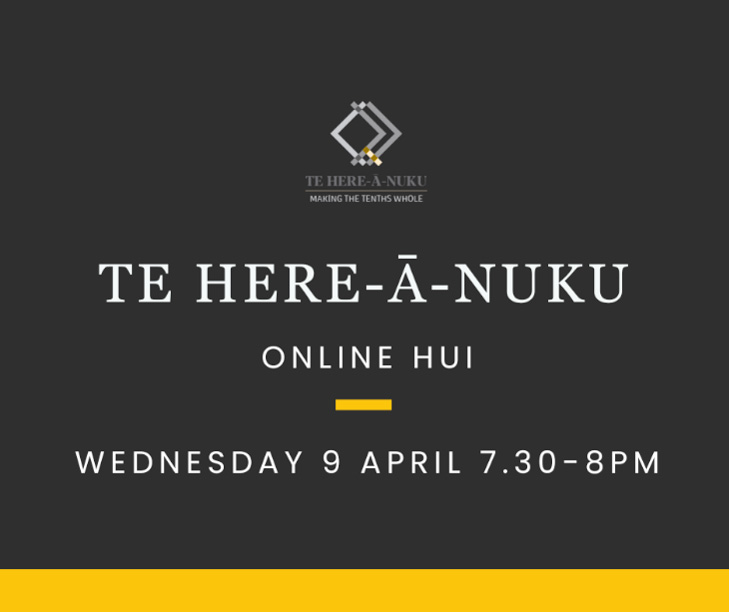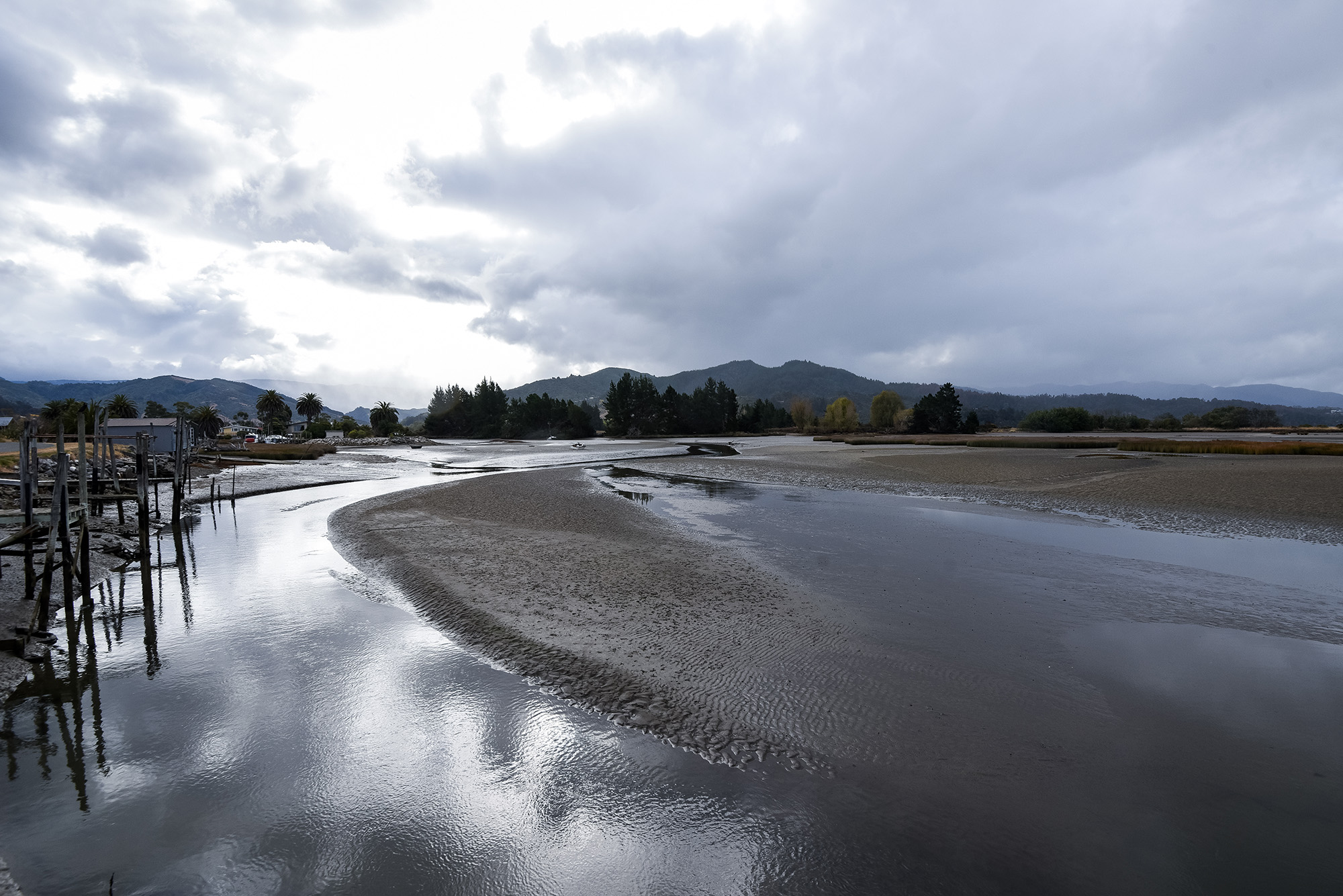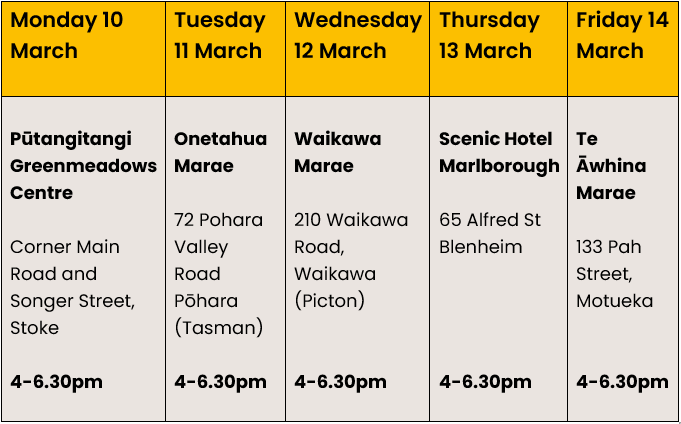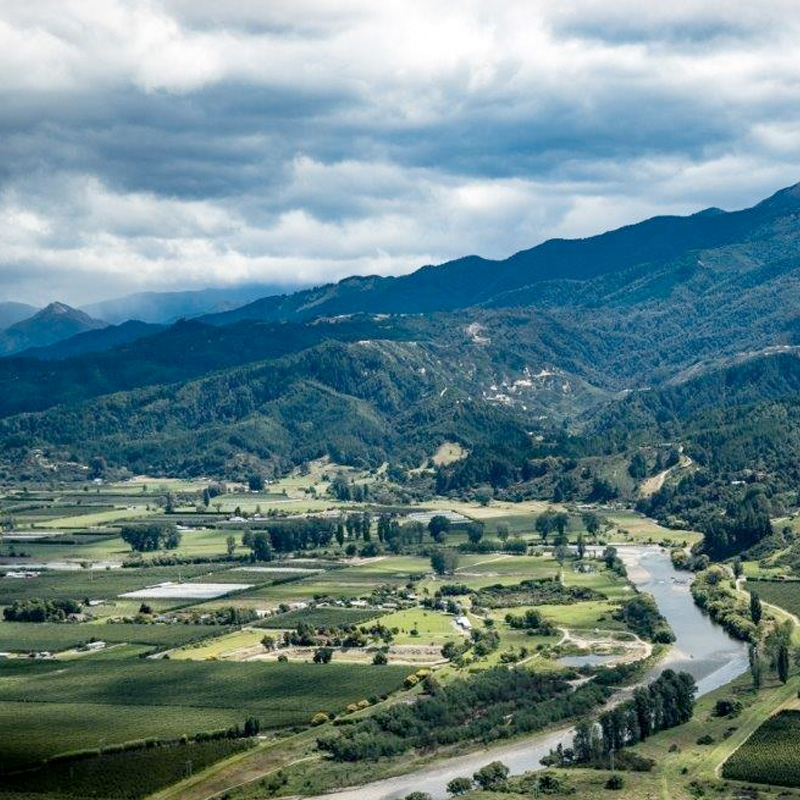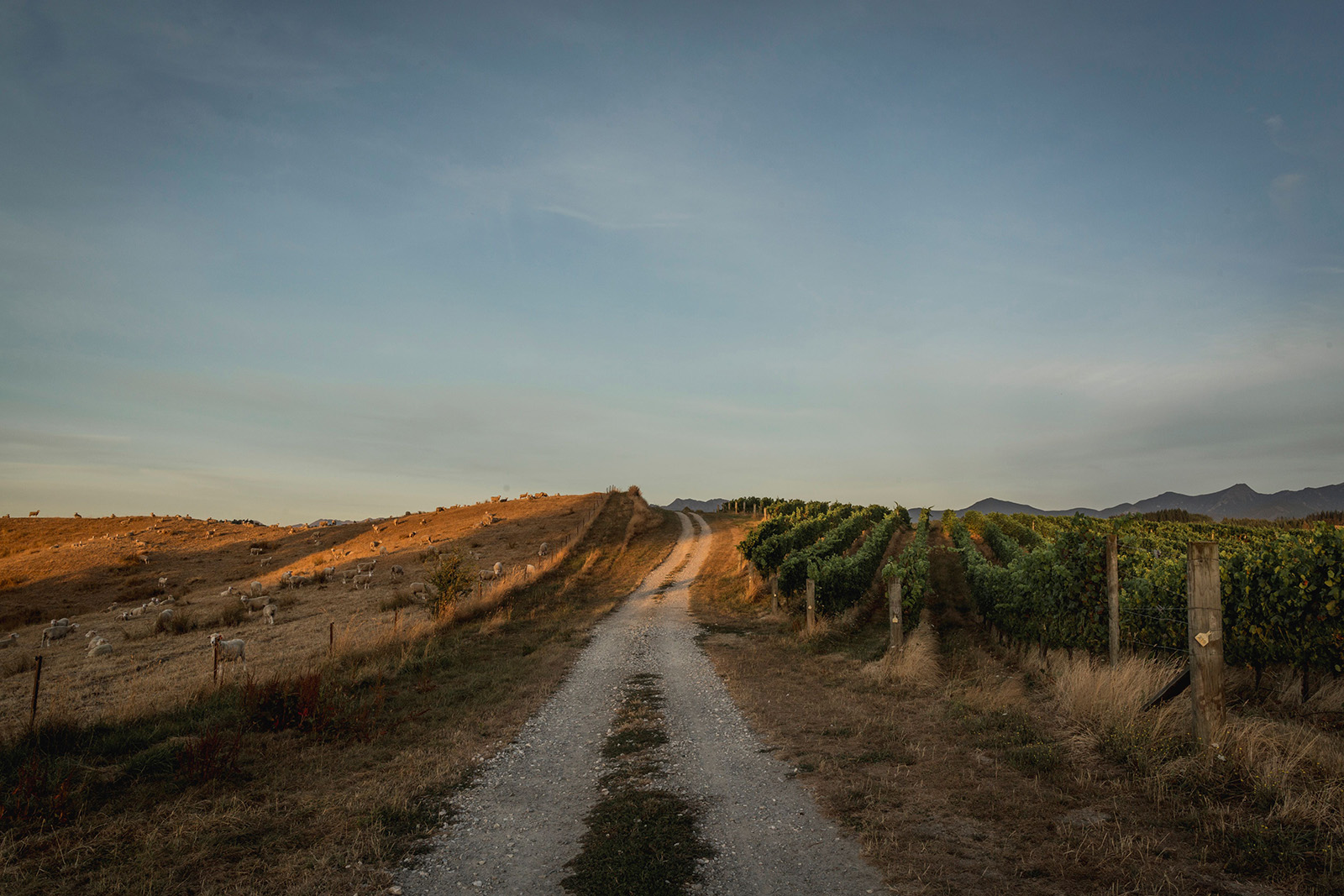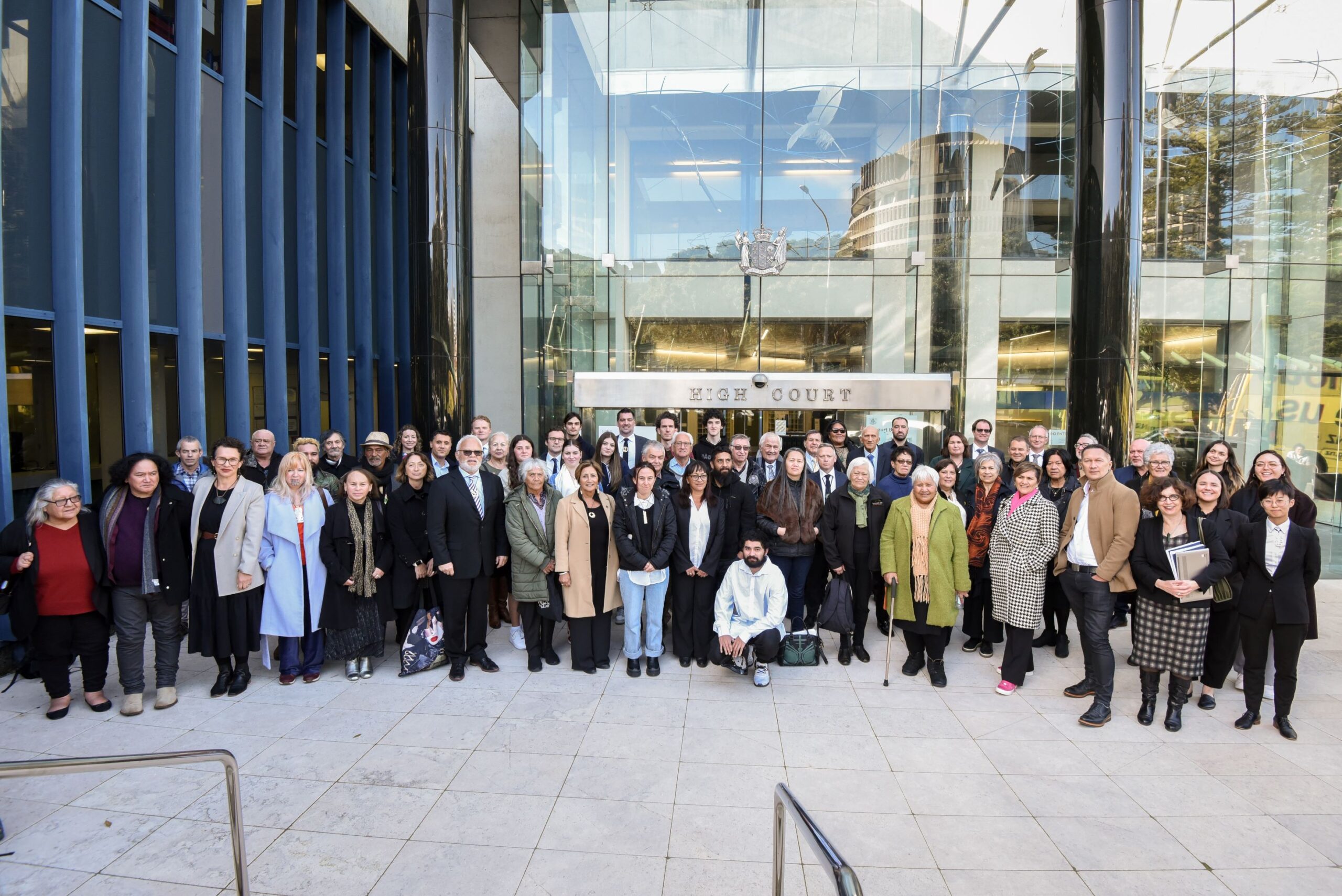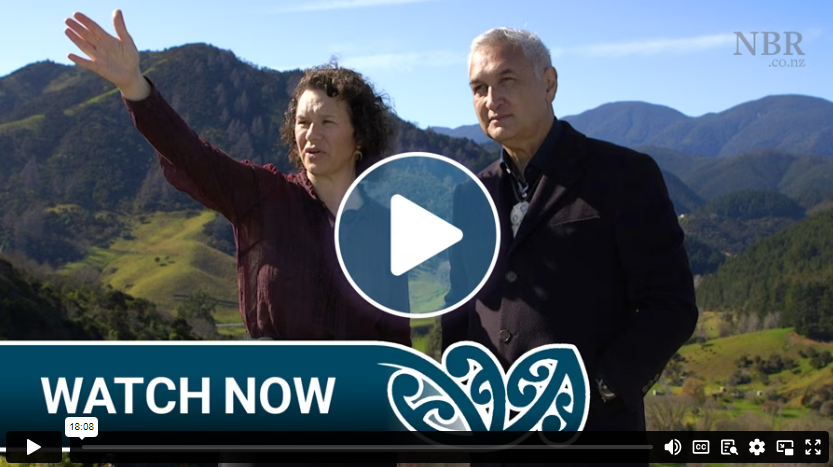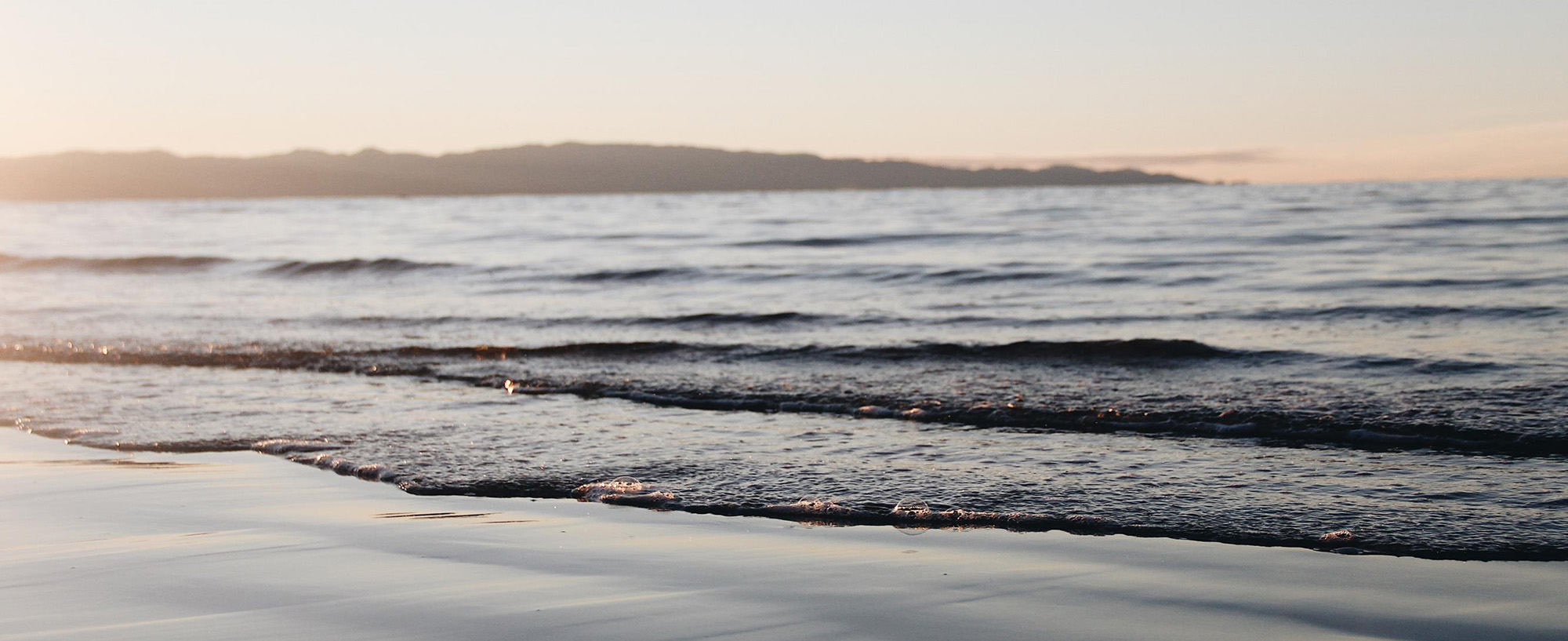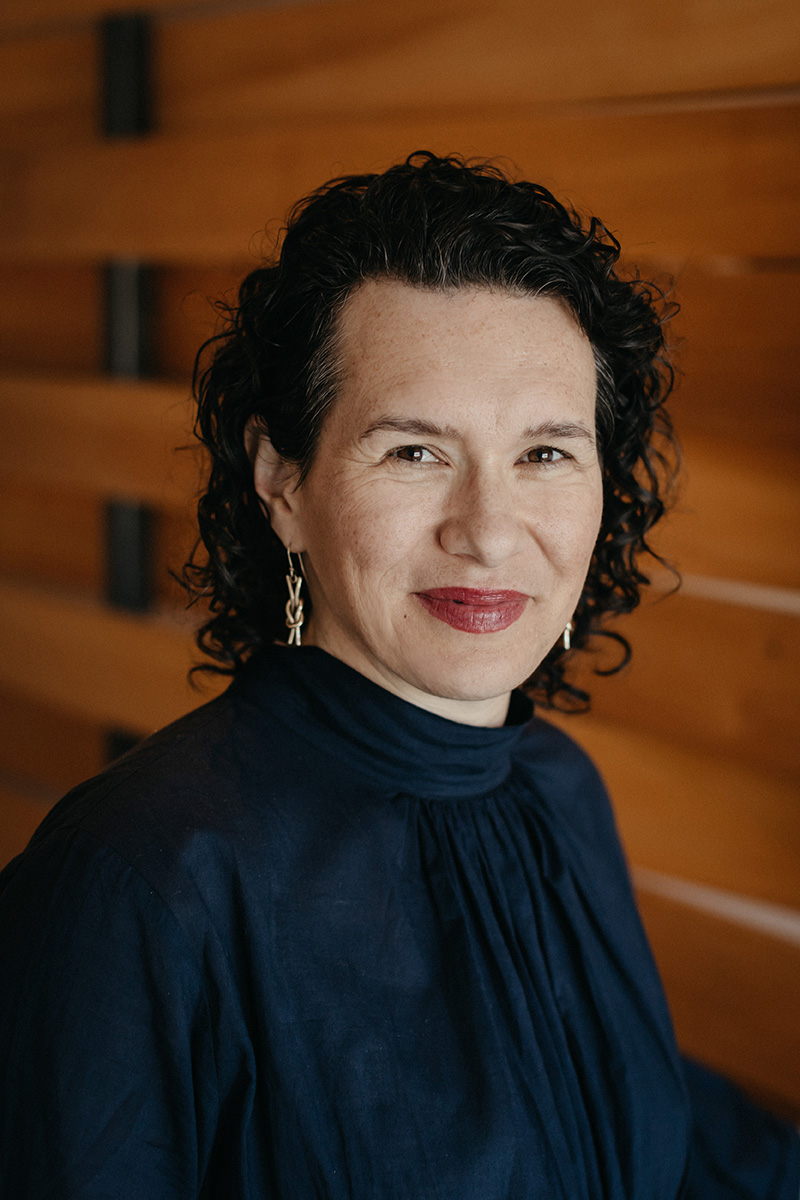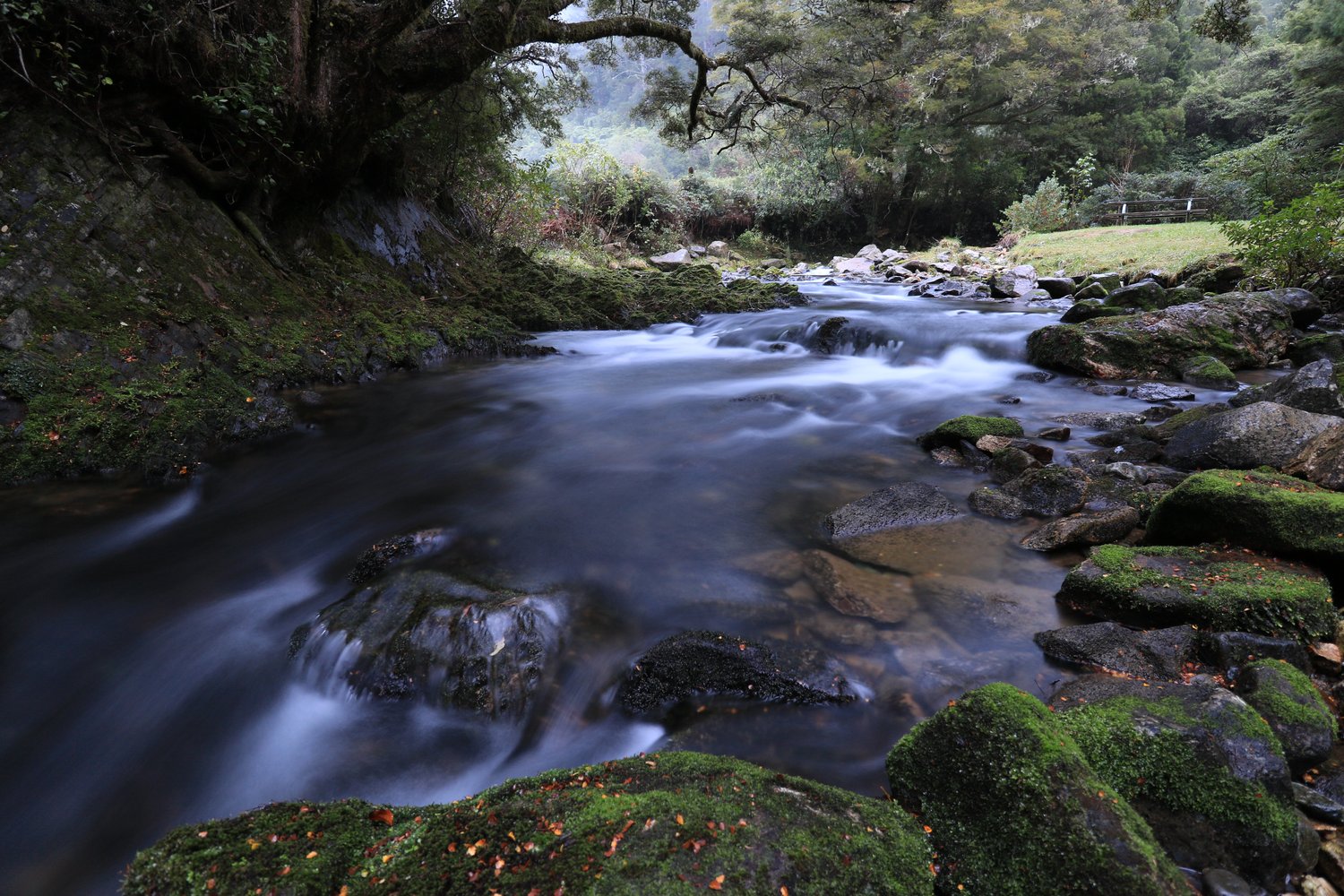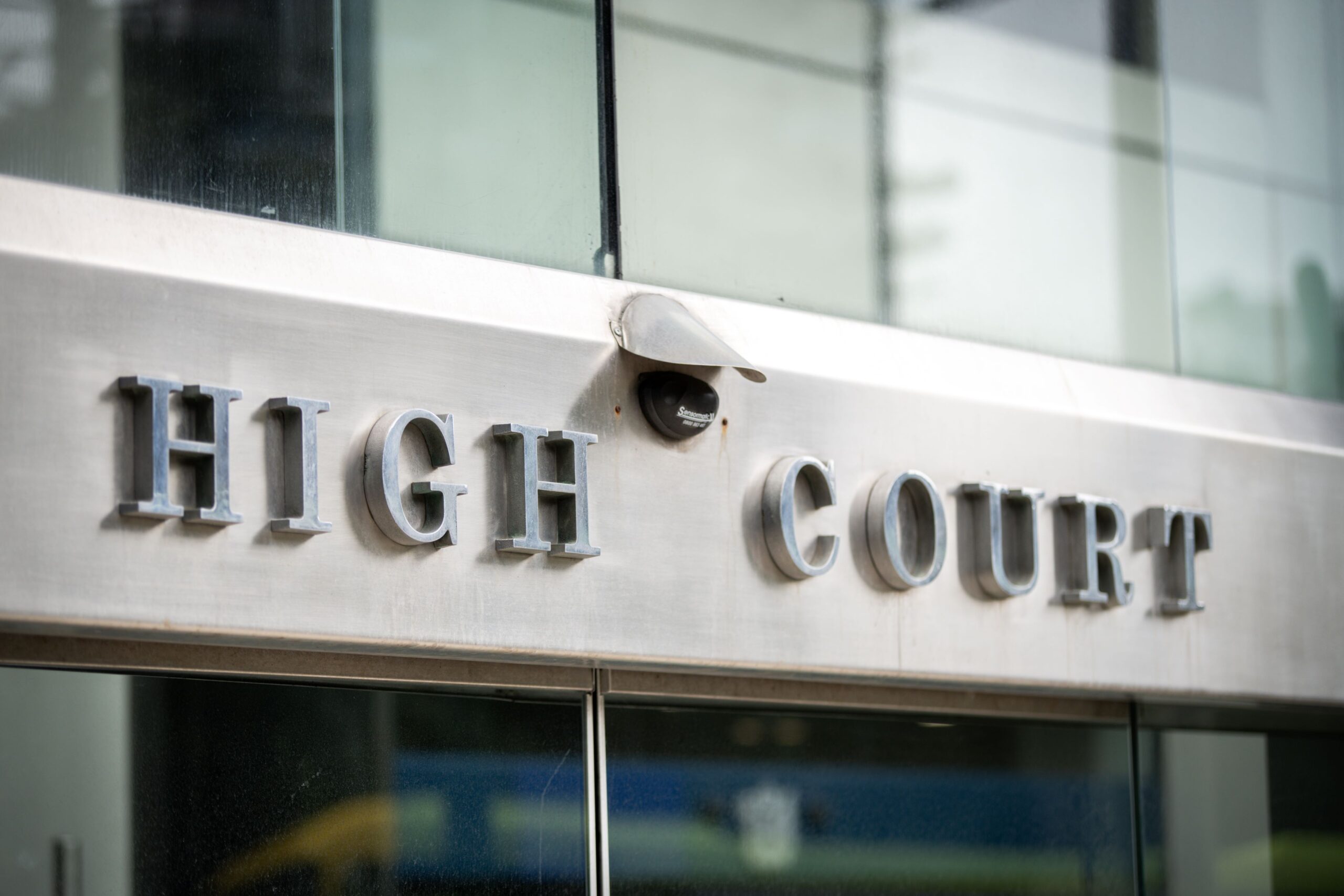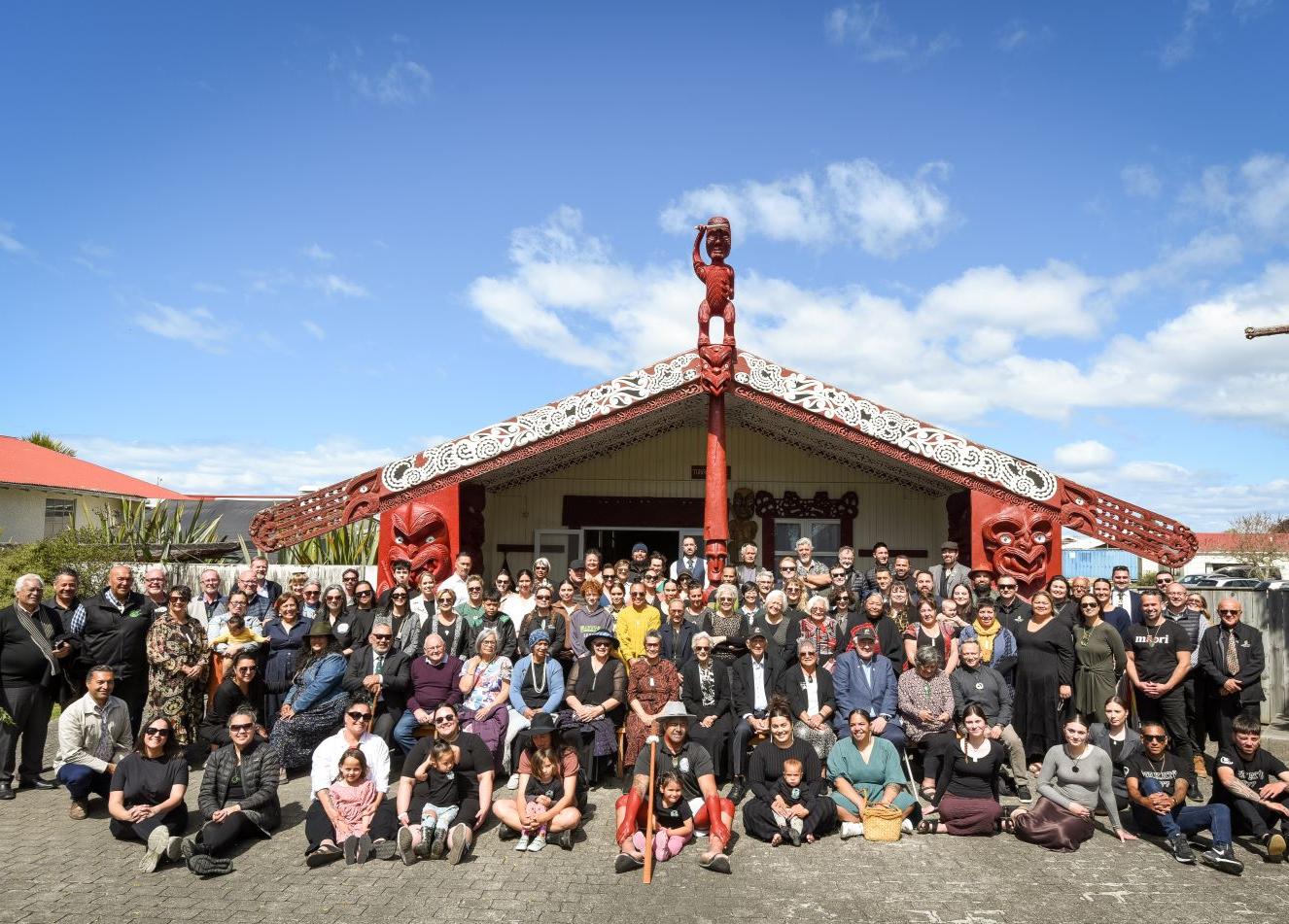
At the end of October, the High Court released its decision regarding Stafford v Attorney General. The decision was strongly in our favour with the Court finding:
- That the Crown breached its fiduciary duties to the customary owners of the Nelson Tenths Reserves
- That the customary owners suffered loss as a result of these breaches
- That the plaintiff, kaumātua Rore Stafford, who represents the customary owners, is entitled to relief in the form of the return of land, and compensation
Read more here
Crown appeal
Since then, the Crown has lodged an appeal against the High Court’s decision. While this is deeply disappointing, it’s not a huge surprise given that the Crown has so far fought this case at every turn.
The Crown has appealed on almost every point, even arguments which we believe have no factual or legal defence.
For instance, in the High Court the Crown argued that its fiduciary duties to reserve the Tenths and exclude the Occupation Lands did not require it to actually achieve those outcomes, just to act with loyalty and good faith.
This is despite the Supreme Court in 2017 finding that the Crown had a duty to “reserve 15,100 acres for the benefit of the customary owners and, in addition, to exclude their pā, urupā and cultivations from the land obtained by the Crown following the 1845 Spain award.”
The High Court dismissed this argument, but the Crown has resurrected it on appeal.
There are many other examples like this in the Crown’s appeal.
Next steps | Our cross appeal
Our strong preference was not to appeal the decision, given we were largely successful in the High Court. Since the Crown has appealed, however, Uncle Rore as the plaintiff representing the customary owners, is entitled to respond by filing a cross-appeal.
Uncle Rore, supported by the Working Group, considered a range of legal, political and strategic factors when deciding whether to cross appeal and on which points, as well as the likelihood of success and cost. After reviewing the different options, the Working Group made a unanimous decision to cross-appeal only the High Court’s decision not to award compound interest.
We see this as a straightforward legal argument: that compound interest represents a normal economic return consistent with the endowment purpose of the Tenths.
Our cross-appeal was filed last week.
Uncle Rore and the Working Group also decided to submit an application to ‘leapfrog’ the Court of Appeal and have the appeals heard directly by the Supreme Court. We’ve done this with the aim of achieving a final resolution more quickly.
We will be able to advise on the appeal process and timing once we receive a decision from the Supreme Court on the leapfrog application. This will be in the new year.
Our strong preference – negotiation
Our strong preference remains ending the litigation and resolving this dispute out of court directly with the government.
We have contacted the Attorney-General to meet directly with her, and we hope to do this early in the new year.

